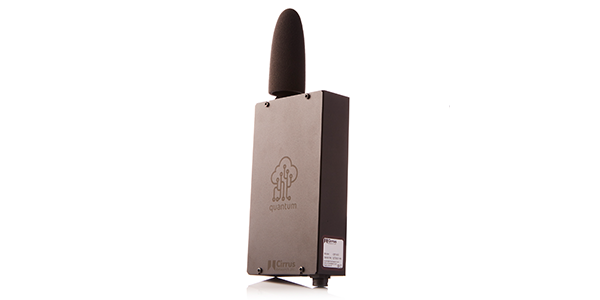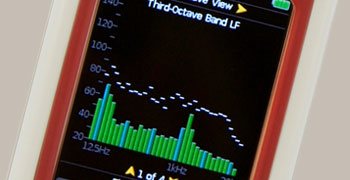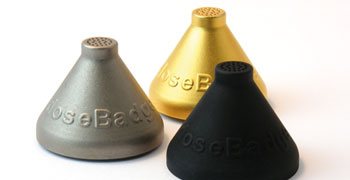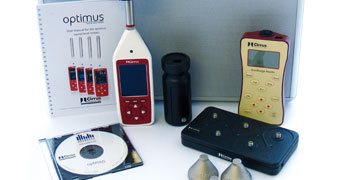Noise Measurement in the Entertainment & Music Industry
We provide a range of solutions to cover entertainment noise and music event noise measurement and monitoring. People who work in the entertainment industries or music industries can be at risk of hearing loss, additionally, outdoor music events can cause noise nuisance or noise pollution.
Regulations for entertainment noise and music events
EU Control of Noise at Work Regulations
The EU Control of Noise at Work Regulations applies to the entertainment and music sectors. The music and entertainment sectors are defined in the Noise Regulations as all workplaces where:
a) live music is played, or
b) recorded music is played in a restaurant, bar, public house, discotheque or nightclub, or alongside live music or a live dramatic or dance performance.
Everyone involved in music and entertainment has a responsibility to help with noise management. Primary responsibility for complying with the Noise Regulations rests with the employer (may include concert promoters, event organisers, theatrical producers, contractors and publicans).
Your responsibility for managing noise exposure, depending on whether you are an employer, an employee, freelancer or self-employed, may be to:
- Take reasonable care for your health and safety and that of others while at work;
- Use control measures in accordance with any instructions given to you;
- Make sure the legal limits on noise exposure are not exceeded.
WHO Global Standard for Safe Listening Venues and Events
The World Health Organisation (WHO), as part of their Make Listening Safe initiative, developed the Global standard for safe listening venues and events which provides a common understanding of safe listening in entertainment venues and events. The Standard comprises six “features” which, when implemented, allow audience members around the world to enjoy amplified music with protection of their hearing, while also preserving the integrity of the artistic experience:
- Feature 1 Sound level limit: 2 below 100 dB LAeq, 15 min. An upper limit of 100 dB LAeq, 15 min is imposed, keeping sound safe and enjoyable for the audience.
- Feature 2 Sound level monitoring: Live monitoring of sound levels is performed by a designated staff member using calibrated equipment. Such as permanent sound monitoring systems including the Quantum Indoor.
- Feature 3 Venue acoustics and sound systems: Sound system and venue acoustics are optimized ensuring safe listening and improved sound quality.
- Feature 4 Personal hearing protection: Hearing protection, such as earplugs, with appropriate instructions, are available to audience members.
- Feature 5 Quiet zones: Designated quiet spaces are available, allowing audience members to rest their ears and thereby decrease the risk of hearing damage.
- Feature 6 Appropriate training and information: Both audience members and staff are made aware of practical steps they can take to ensure safe listening.
Environmental noise pollution caused by outdoor events
Outdoor events, particularly those held during the summer, often involve noisy activities including music, fireworks, fairgrounds, public announcements, and generators. Most events like this are occasional, but when events occur regularly at the same time, this entertainment noise can become annoying to local residents for this reason many local authorities set out maximum noise levels for events which organisers need to adhere to.
The Environmental Protection Act 1990 does not specify decibel levels at which a statutory nuisance will occur. Noise measurements may be taken to determine whether the entertainment noise, for example, is a statutory nuisance, but it is the subjective assessment of an authorised Environmental Health Officer that will decide whether formal action is needed.
The most current guidance document used in the UK for the control of music noise at events is the ‘Noise Council, code of practice on environmental noise control at concerts, 1995’ (referred to as the ‘Pop Code’). You can read more about how to measure and monitor this noise in our free eBook A Brief Guide to the Pop Code for Event Organisers.
TELL US WHAT YOU NEED
Our recommended instruments forEntertainment Noise Measurements
More Information
Find out more
If you have any questions or if you would like any more information, please contact us and we will be pleased to help.
From the UK, contact us on 01723 891655.
From outside the UK, please contact us on +44 1723 891655.
You can also contact us via our contact form.





